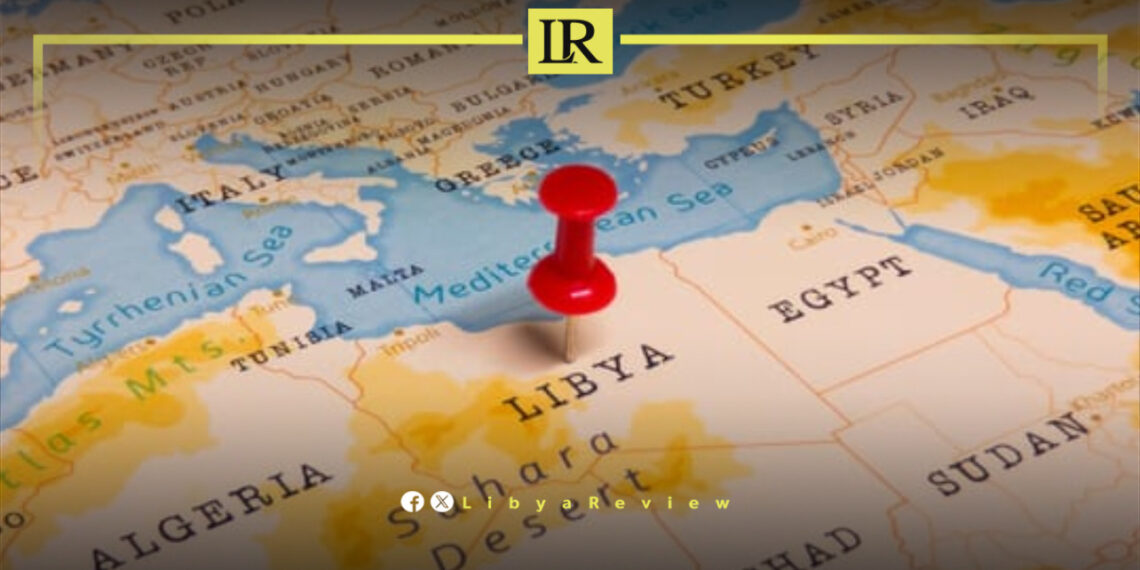Belqasim Haftar, Director of the Libyan Development and Reconstruction Fund, has signed a memorandum of understanding with the Egyptian company Arab Contractors to construct the Libyan section of an international road connecting Egypt, Libya, and Chad.
According to a Facebook post by the Development Fund, the road will span 393 kilometers within Libya, stretching from Al Awaynat on the border with Egypt to the Chadian border. The project’s implementation is set to begin shortly and aims to extend to the Red Sea as a first phase, establishing a desert trade route for transit trade.
Further phases will connect the Mediterranean coast with neighboring African countries, marking the first transit trade route through Libya. This is expected to boost the flow of maritime imports through Libyan ports heading to landlocked countries south of Libya.
On August 31, the government appointed by the House of Representatives proposed forming a tripartite committee between Libya, Chad, and Egypt to study the implementation of this international road project. During a meeting with Osama Hammad, the appointed head of the government, at the presidential palace in N’Djamena, Chadian President Mohamed Idriss Deby stated that the Egyptian government is willing to finance the road, conditional on Libya’s agreement and the security of the companies involved in its construction.
Libya has been in chaos since a NATO-backed uprising toppled longtime leader Muammar Gaddafi in 2011. The county has for years been split between rival administrations.
Libya’s economy, heavily reliant on oil, has suffered due to the ongoing conflict. The instability has led to fluctuations in oil production and prices, impacting the global oil market and Libya’s economy.
The conflict has led to a significant humanitarian crisis in Libya, with thousands of people killed, and many more displaced. Migrants and refugees using Libya as a transit point to Europe have also faced dire conditions.
The planned elections for December 2021 were delayed due to disagreements over election laws and the eligibility of certain candidates. This delay has raised concerns about the feasibility of a peaceful political transition.
Despite the ceasefire, security remains a significant concern with sporadic fighting and the presence of mercenaries and foreign fighters. The unification of the military and the removal of foreign forces are crucial challenges.


